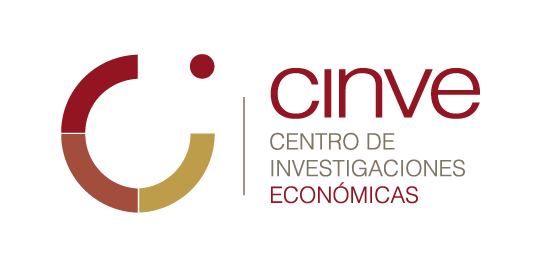In the two decades between 1986 and 2005, crimes in Uruguay doubled; what has been reflected in the almost exponential trend that this variable showed between 1998 and 2005. This has put the phenomenon of violence and crime at the center of public attention in recent years. However, the scientific analysis of this phenomenon is still scarce. This work seeks to fill this gap and provide evidence that allows us to understand what factors are behind this evolution. The results found indicate that inequality in the distribution of household income, the level of household income, unemployment and the effectiveness of police work are factors related to crime rates. Additionally, it is found that violence and crime exhibit inertia over time.
Más vistos
Economic complexity of goods and services in Uruguay
Complejidad económica uruguaya en bienes y servicios
The objective of this work was to explore the recent history and diagnosis of the complexity of Uruguay's...
The Impact of a Mathematics Computer‐Assisted Learning Platform on Students’ Mathematics Test Scores
Marcelo Perera
Diego Aboal
Abstract
Since 2013, the Uruguayan educational system has been using an online adaptive learning tool for
mathematics: The Mathematics Adaptive Platform (PAM for its...
Knowledge networks for innovation in the forestry sector: Multinational companies in Uruguay
Diego Aboal, FLavia Rovira y Federico Veneri.
Abstract
In this paper, we analyse the role that inter-agency and inter-business linkages have in the process of technological...
Discovering specific common trends in a large set of disaggregates: statistical procedures, their properties and an empirical application
Author:
Guillermo Carlomagno: Central Bank of Chile and Center of Economic Research (CINVE)
Antoni Espasa: Department of Statistics and Instituto Flores de Lemus, University Carlos III...
A guide for the evaluation of programs of human capital training for science, technology and innovation
Author:
Diego Aboal, Marcelo Perera, Ezequiel Tacsir & Maren Vairo
Abstract:
We provide a practical guide for impact evaluation of Training and Human Capital programs in Science...
Noticias relacionadas
Articles
Economic complexity of goods and services in Uruguay
Complejidad económica uruguaya en bienes y servicios
The objective of this work was to explore the recent history and diagnosis of the complexity of Uruguay's...
Articles
The Impact of a Mathematics Computer‐Assisted Learning Platform on Students’ Mathematics Test Scores
Marcelo Perera
Diego Aboal
Abstract
Since 2013, the Uruguayan educational system has been using an online adaptive learning tool for
mathematics: The Mathematics Adaptive Platform (PAM for its...
Articles
Discovering specific common trends in a large set of disaggregates: statistical procedures, their properties and an empirical application
Author:
Guillermo Carlomagno: Central Bank of Chile and Center of Economic Research (CINVE)
Antoni Espasa: Department of Statistics and Instituto Flores de Lemus, University Carlos III...
Articles
A guide for the evaluation of programs of human capital training for science, technology and innovation
Author:
Diego Aboal, Marcelo Perera, Ezequiel Tacsir & Maren Vairo
Abstract:
We provide a practical guide for impact evaluation of Training and Human Capital programs in Science...
Articles
Diego Aboal and Gonzalo Zunino published the article entitled Innovation and Skills in Latin America in the Integration and Trade Magazine 42 (Robotlución) of...
Diego Aboal and Gonzalo Zunino published the article entitled Innovation and Skills in Latin America in the Integration and Trade Magazine 42
(Robotlución) of IDB...
Articles
Publication in the journal Research Evaluation by Diego Aboal and Ezequiel Tacsir
The paper The Impact of Subsidies on Researcher's Productivity: Evidence from a Developing Country by Diego Aboal and Ezequiel Tacsir has been
accepted for publication...
